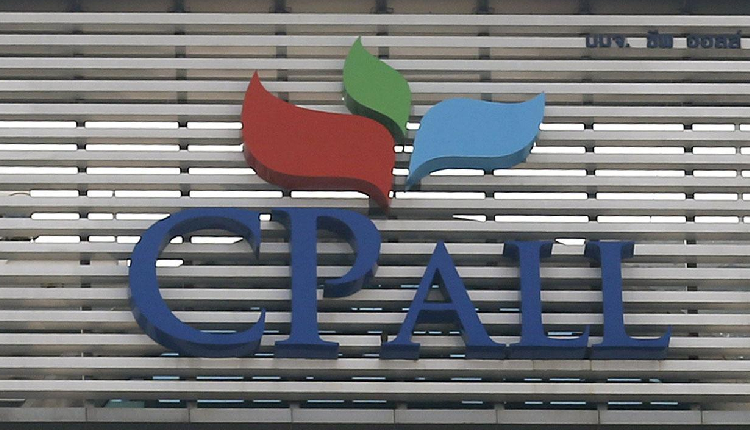As millions of Thais register for a digital wallet handout, the biggest beneficiaries of the 500 billion-baht ($14 billion) initiative are expected to be Thailand’s largest conglomerates and wealthiest families.
The prices of over a dozen stocks, such as CP All and Muang Thai Capital, have increased following announcements about the digital wallet since the Pheu Thai party, a proponent of the programme, joined the ruling coalition nearly a year ago.
This has led some stocks to outperform the Stock Exchange of Thailand’s main index, which has declined by 15 per cent over the past year.
The programme aims to boost household purchasing power in an economy with stagnant incomes and the highest public debt-to-GDP ratio in Southeast Asia at over 64.3 per cent.
Approximately 50 million adults aged 16 and above, earning less than 70,000 baht per month, are set to receive a one-time payment of 10,000 baht through a mobile application.
According to a survey by Siam Commercial Bank’s Economic Intelligence Center in April, consumers are expected to allocate approximately 40 per cent of their 10,000-digital baht on essential items such as food and health products.
Once the funds are distributed in the fourth quarter, recipients will have the opportunity to utilise their digital baht at local stores within their registered voting district.
The digital baht can be used to purchase various goods, excluding fuel, alcohol, and cigarettes, at establishments like small neighbourhood shops and convenience stores such as CP All’s 7-Eleven. Online purchases are not permitted using the digital baht.
Nearly 60 per cent of CP All’s sales in 2023, totalling 921 billion baht, can be purchased through the programme, according to InnovestX Securities analyst Sirima Dissara.
CP All is a part of the CP Group, Thailand’s largest conglomerate controlled by the Chearavanont clan, the country’s second wealthiest family.
Shares of CP Axtra, another CP Group subsidiary that serves wholesalers, caterers, and small retailers, have also seen positive effects from the policy.
Once business-to-business transactions are permitted under the stimulus, goods representing over 20 per cent of CP Axtra’s sales will be eligible for purchase through the programme, as stated by Sirima.
Other stocks that have seen gains include Berli Jucker, the owner of wholesaler BigC, and Central Retail Corp., which recently ventured into the wholesale sector.
Berli Jucker is linked to the Sirivadhanabhakdi family, known for ThaiBev, the producer of Chang beer, while CRC is affiliated with the Chirathivat family, prominent in mall development.
According to Pavida Pananond, a professor of international business strategy at Thammasat Business School, department stores and hypermarkets do not accept digital wallet payments.
However, some convenience stores that meet the criteria have expanded to rival hypermarkets in size.
“The definition between hypermarket and convenience store is becoming blurred, and these are the companies that have all types of retail operations under their umbrella,” she said.
The geographical restriction of the wallets, limited to recipients’ voting districts, may hinder the scheme’s success as many eligible individuals in cities such as Bangkok and Chiang Mai are registered in different provinces.
Urban beneficiaries are likely to use the funds for daily necessities and auto equipment purchases, while rural recipients are expected to spend on basic agricultural equipment, as per the SCB EIC survey.
The Ministry of Finance expects the programme to increase GDP by 1.2 per cent to 1.8 per cent in 2025. However, the Bank of Thailand (BOT) predicts a less significant impact.
Attribution: The Nikkei Asia


